Be conscious about caffeine

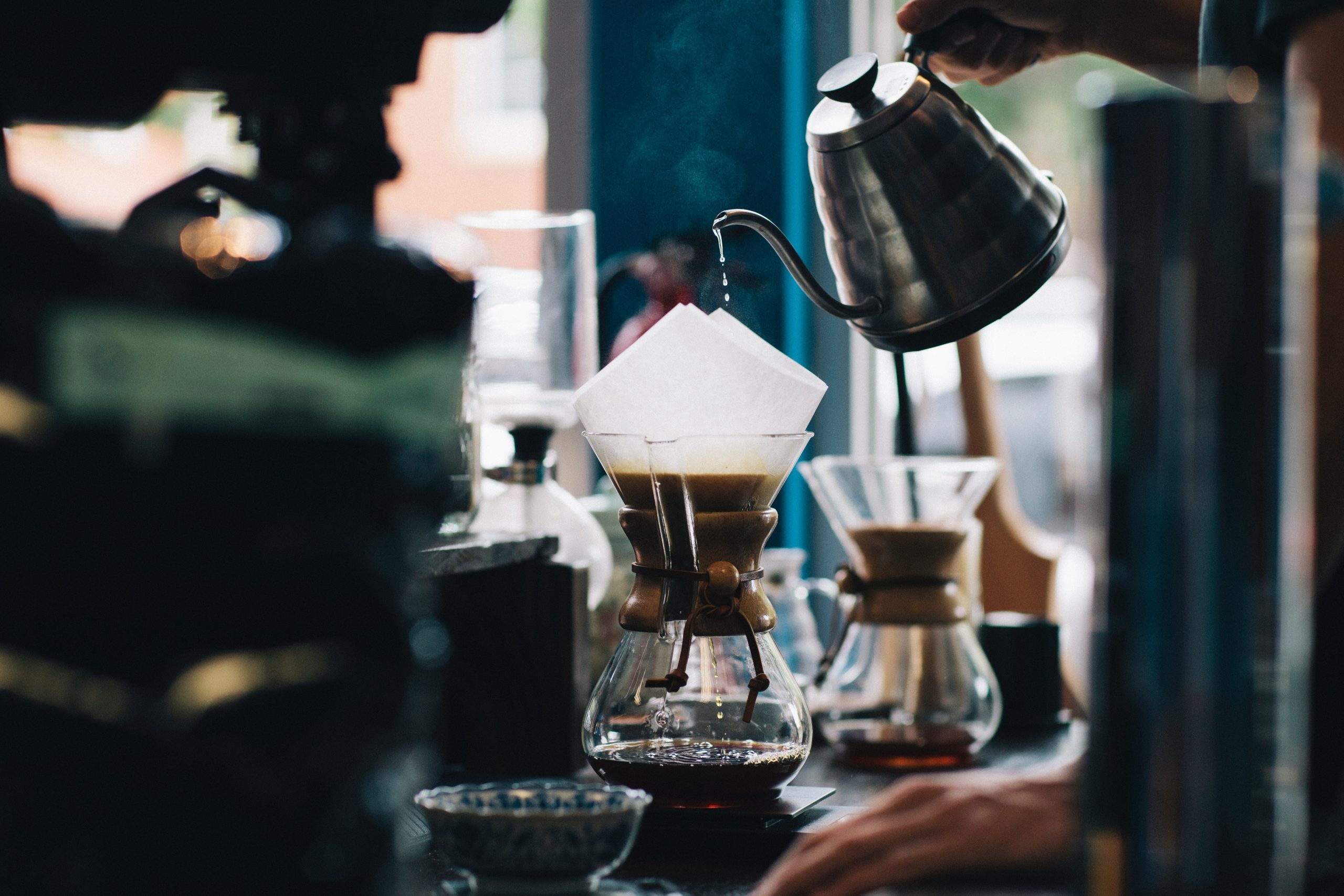
Many people like to start their day with a cup of coffee, but it might be worth thinking more about your caffeine intake if you’re trying to lower your blood pressure. While studies have shown that habitual coffee drinkers will experience no blood pressure increase after their daily jolt, drinking coffee when you’re not used to it, or drinking caffeine-packed energy drinks, can have a pressure-spiking effect.
Improve your sleep hygiene


Low-quality sleep might be a contributing factor to high blood pressure, but the good news is it’s one of the easiest things to fix. If you’re looking to keep your blood pressure in check, it may be worth sleeping with your phone in another room, limiting electronics use a few hours before bed, setting a regular bedtime or using blackout blinds to maximise bedroom darkness.
Limit your alcohol intake

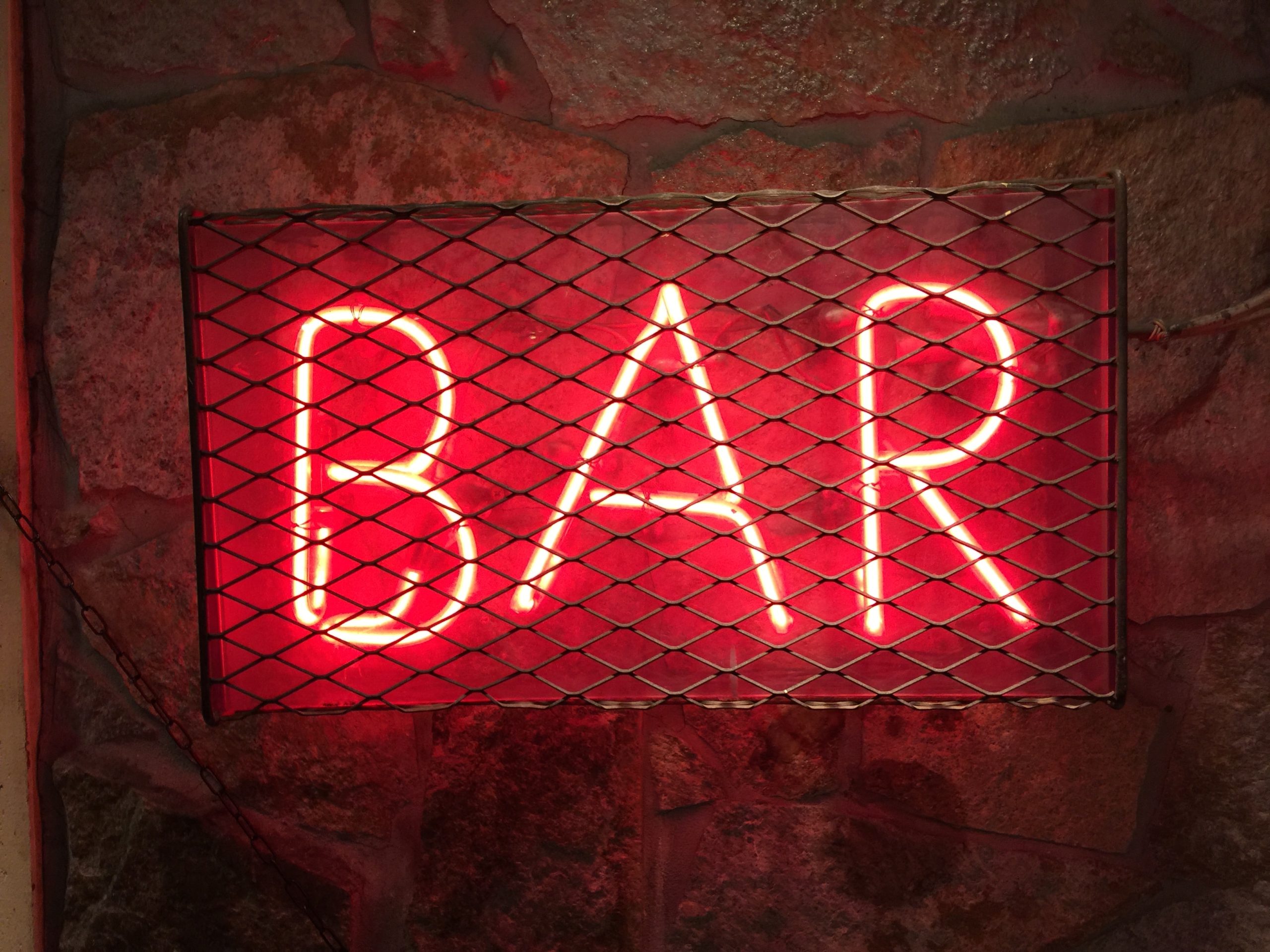
A 2020 review of multiple studies showed that consuming 30 grams or more of alcohol causes a heart rate increase that lasts for 24 hours, in addition to a spike in blood pressure the next day. Given that the average alcoholic beverage contains 14 grams of alcohol, limiting yourself to one drink a day is vital to keeping your blood pressure in check.
Take steps to manage stress

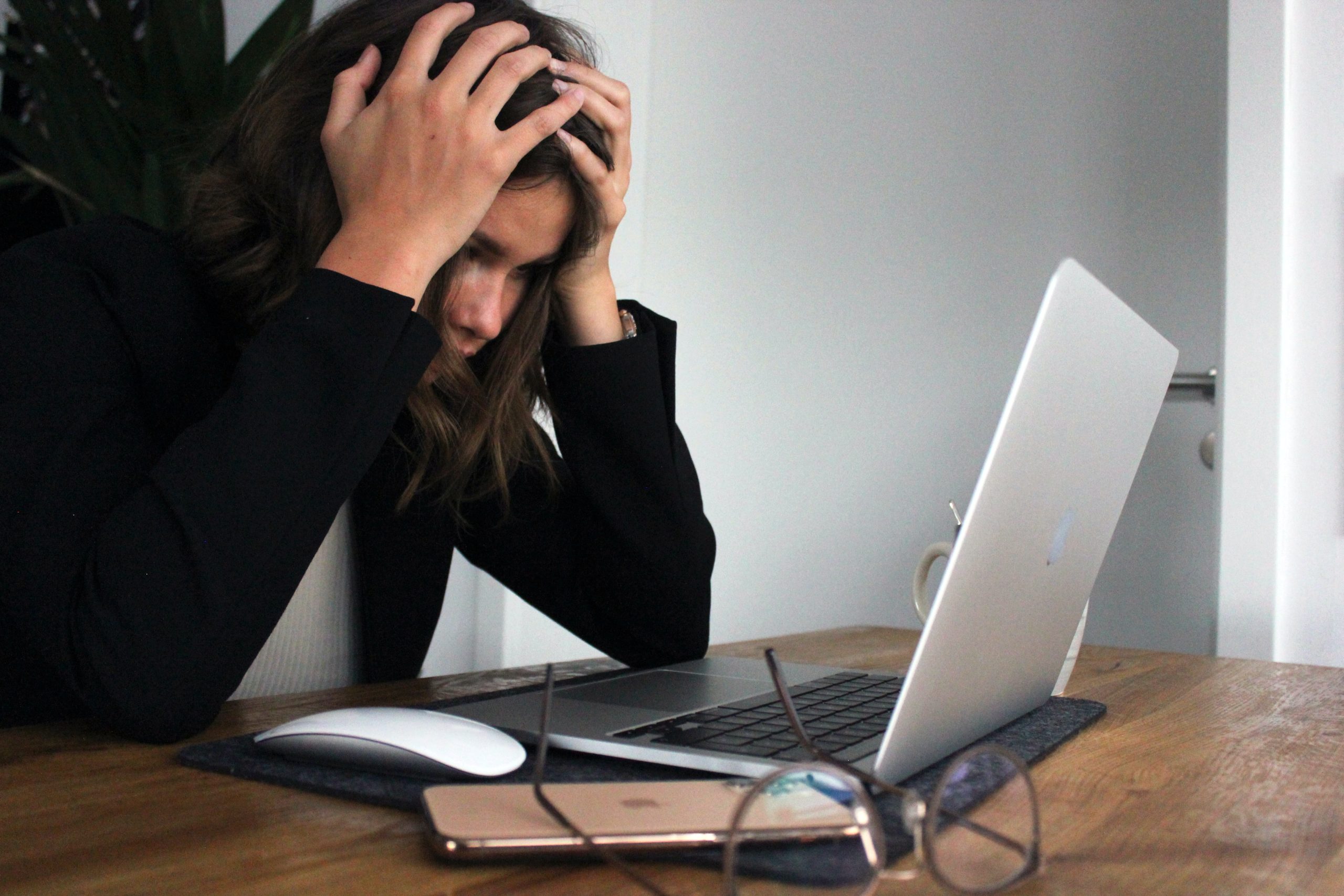
While lots of things can increase your risk of high blood pressure, stress is maybe the most pervasive. If you have a high-pressure job or are dealing with a difficult time at home, it’s essential to mitigate the effects the stress could have on your body. Taking time to meditate, go for walks, draw or listen to music can keep your blood pressure low and stable.
Cut down on salt

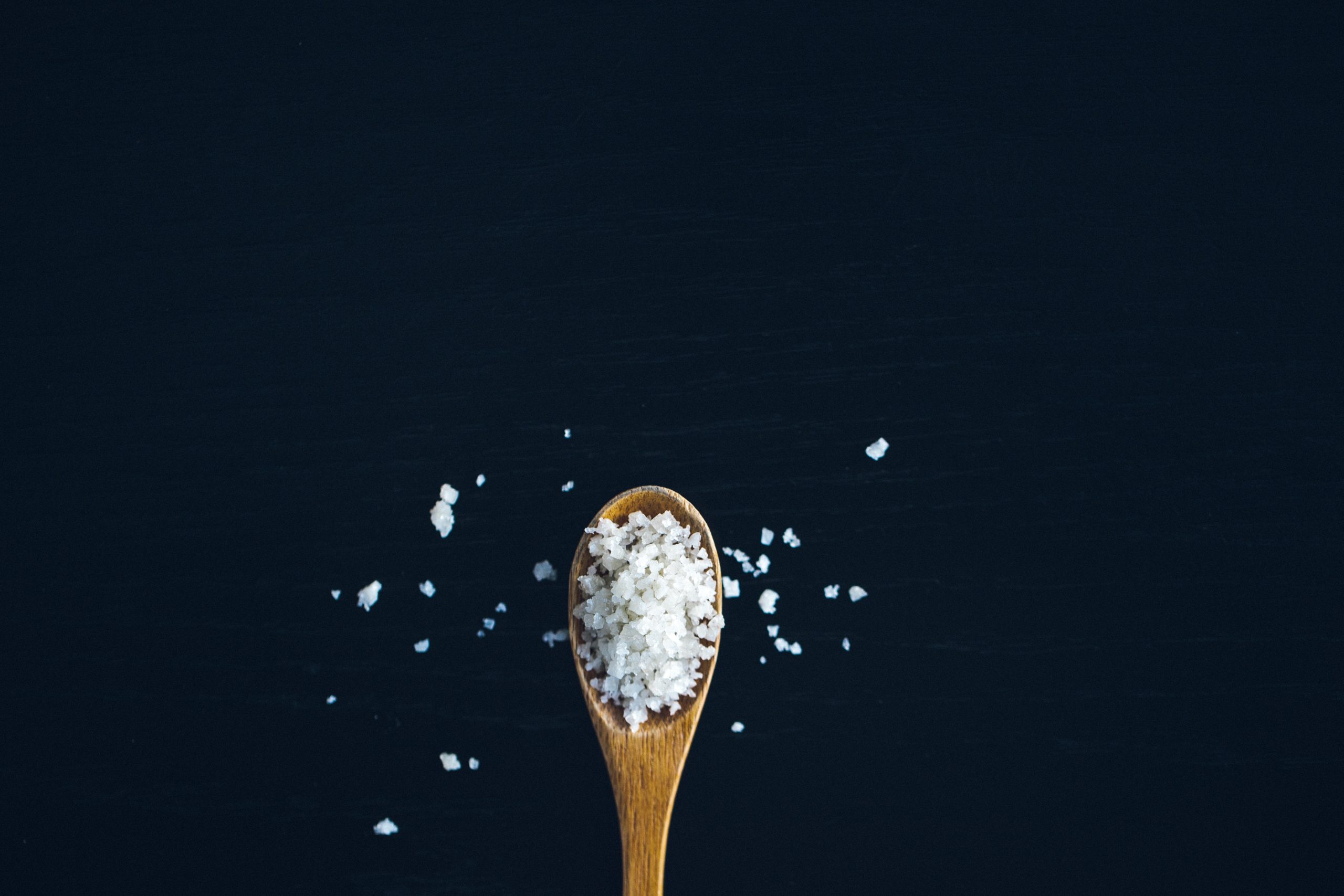
There’s nothing more enjoyable than a delicious, salty snack, but too much salt can, unfortunately, increase your risk of high blood pressure. Scientists believe this is because salt increases water retention and inflammation in your blood vessels, thus making your heart work harder to pump your blood around. Avoiding processed, overly salty foods or limiting salt in your home cooking can help with this.
Prioritize high-protein food
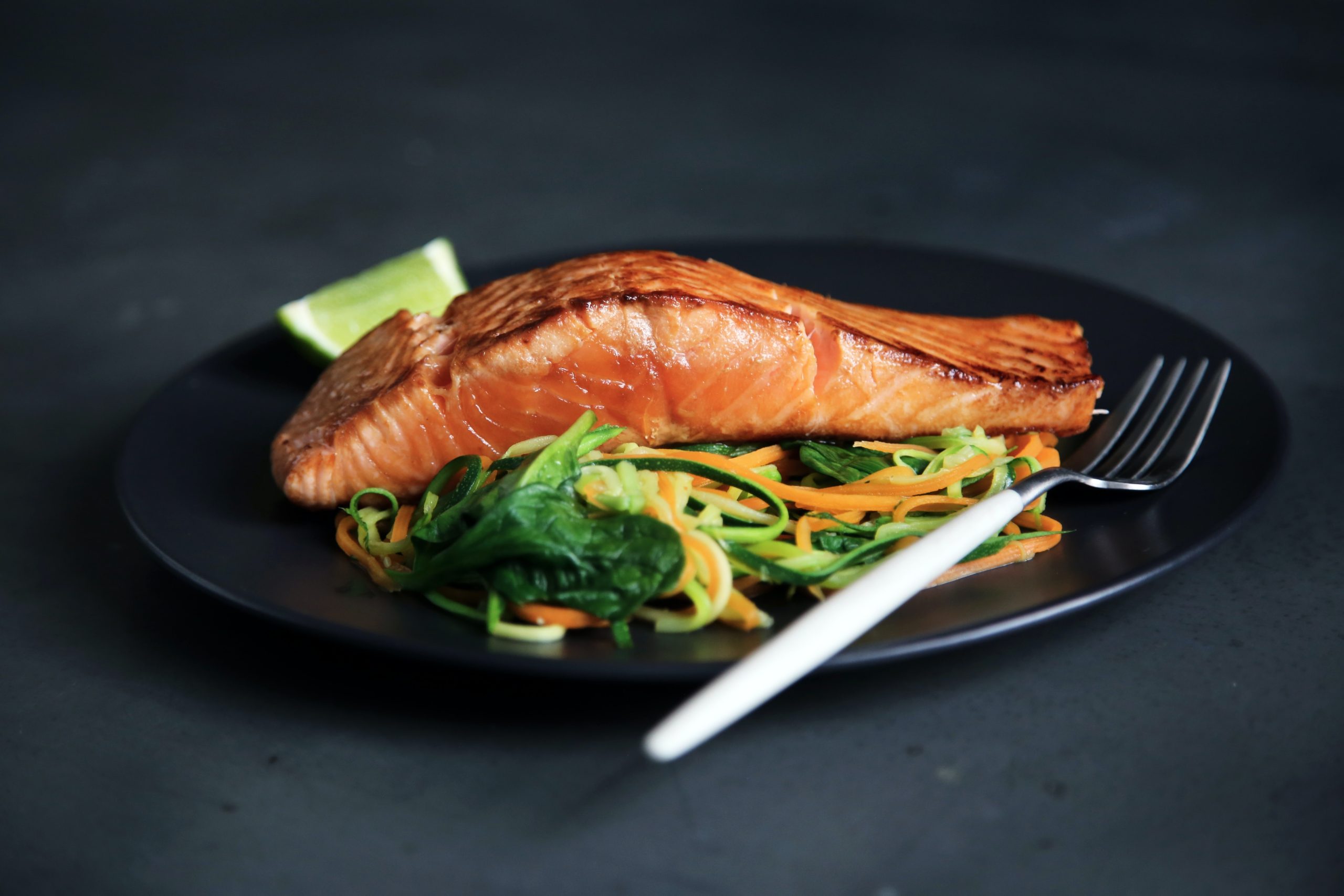

A 2015 study that surveyed over 1,300 people concluded that a high-protein diet can lower your long-term risk of high blood pressure by as much as 40%. This result bore out whether the subject was consuming primarily animal protein like chicken breast and salmon, or plant protein like lentils, peanut butter or chickpeas.
Avoid smoking
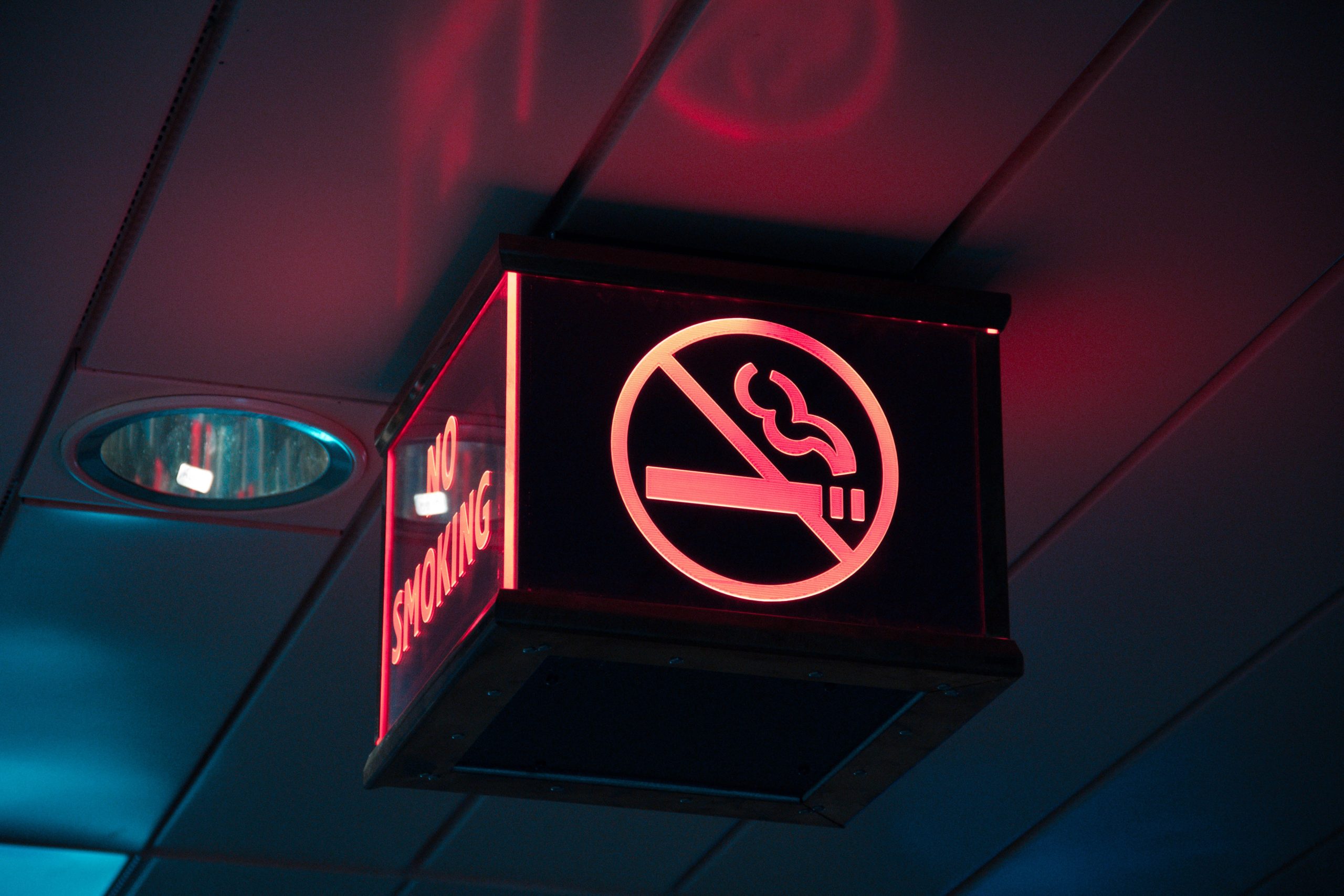

Few things are as detrimental to your health as smoking, and cigarettes can have a specific effect on your blood pressure. The chemicals in tobacco have been proven to narrow your arteries, damage your blood vessel walls and increase inflammation, which all lead to high blood pressure. Meaning that quitting is the best investment you can make in your heart and vein health.
Limit processed meat consumption
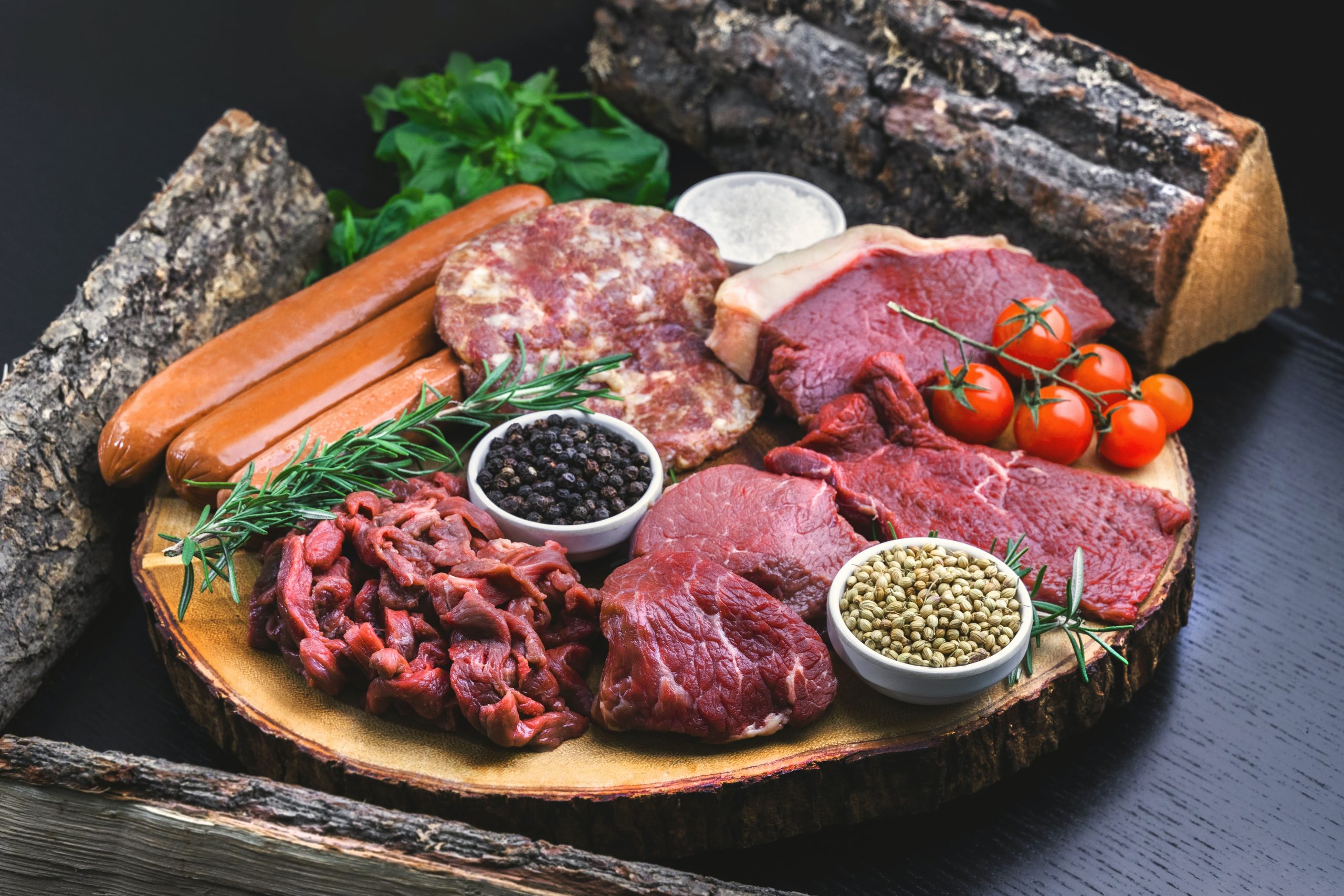

Processed meat is another food group that should be consumed in moderation, especially if you’re looking to lower your risk of high blood pressure. This is because deli meats and similar foods are often high in salt, added sugar and unhealthy fats, which can all contribute to high blood pressure.
Up your aerobic exercise


One of the best ways to mitigate and reverse high blood pressure is to engage in aerobic exercise. The Centers for Disease Control and Prevention recommends 30 minutes of moderate aerobic activity a day, five days a week, with beneficial examples including walking, jogging, jumping rope, swimming, biking, stair climbing or dancing. Integrating some of these activities into your weekly routine will help alleviate high blood pressure.
Increase potassium in your diet

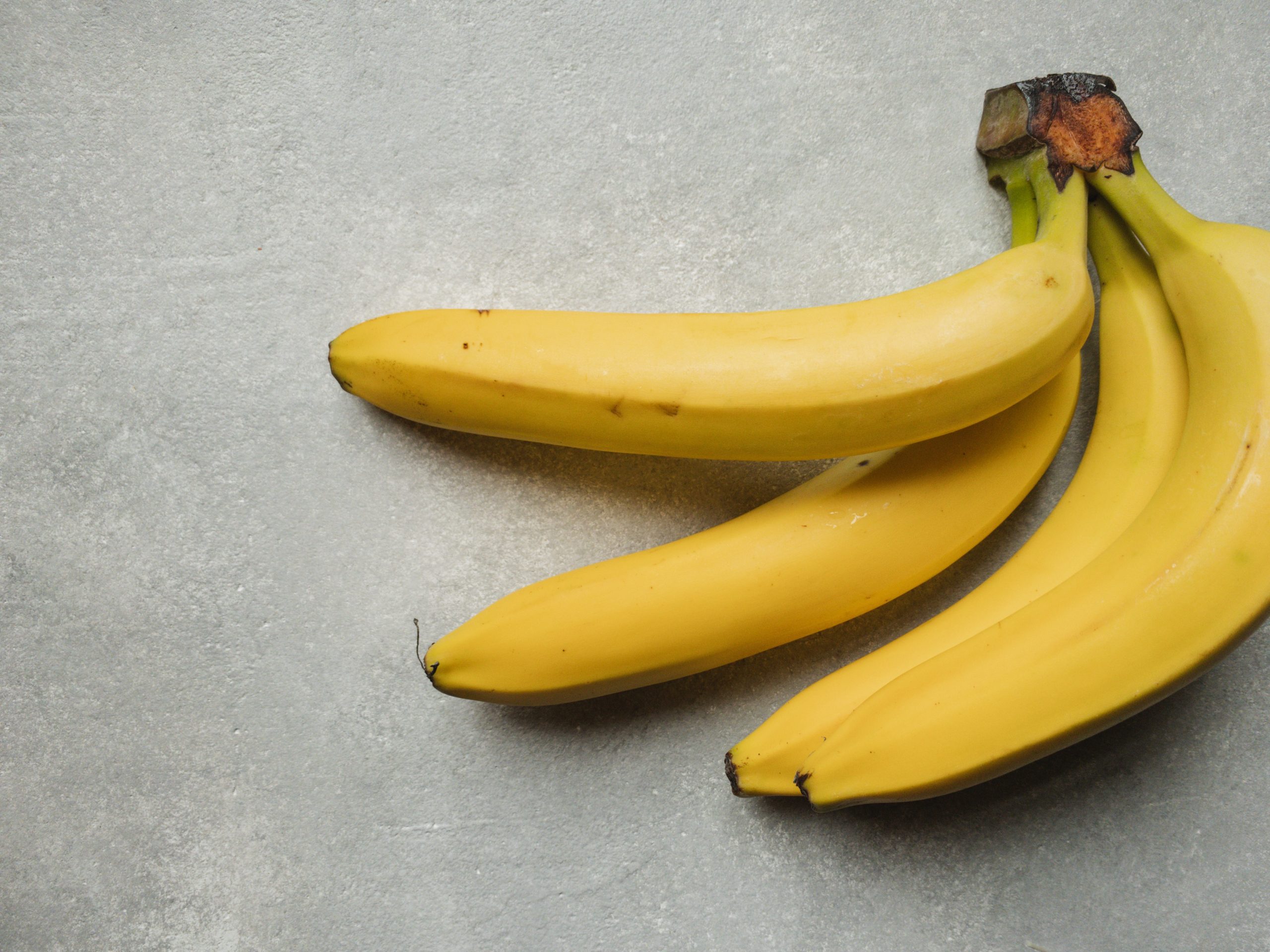
Potassium helps the body to remove salt and ease tension in blood vessels, which in turn leads to lower blood pressure. So if you’re looking to keep your blood pressure in check, adding foods to your diet such as bananas, dried apricots and prunes, potatoes, tomatoes and spinach can only be beneficial.
Try a low-carb diet
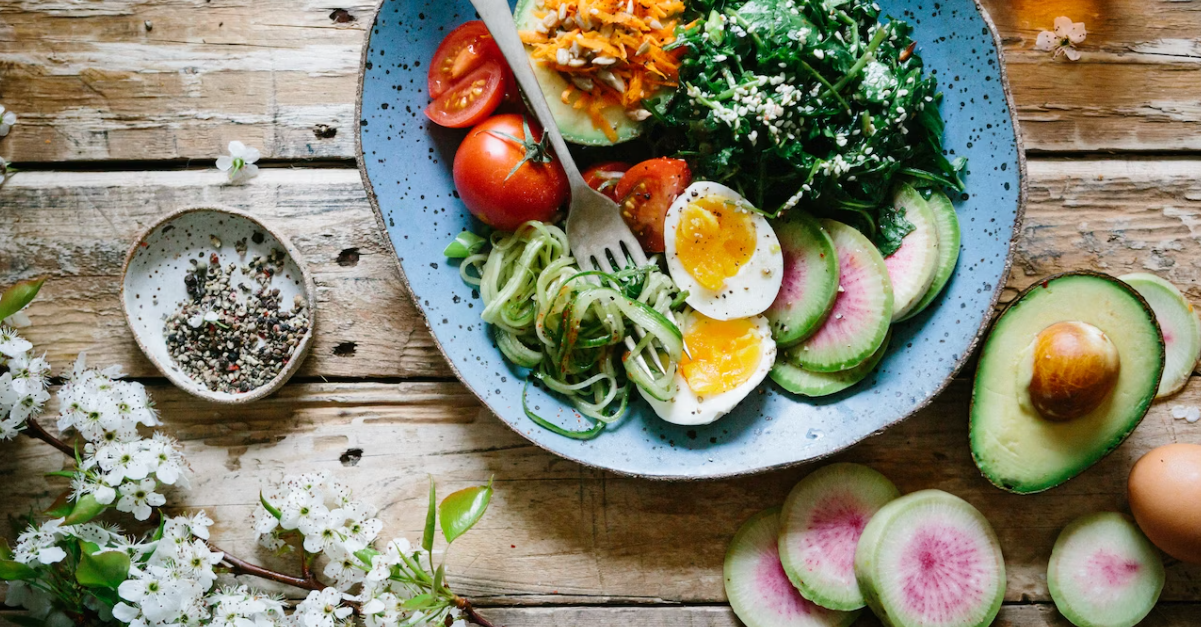
A 2020 study showed that those who followed a low-carb diet demonstrated improved blood pressure levels across a group of overweight participants. Reducing your consumption of sugar and refined carbohydrates has a lot of health benefits including weight loss, lowering LDL cholesterol levels, and increased energy levels.
Adopt a DASH diet
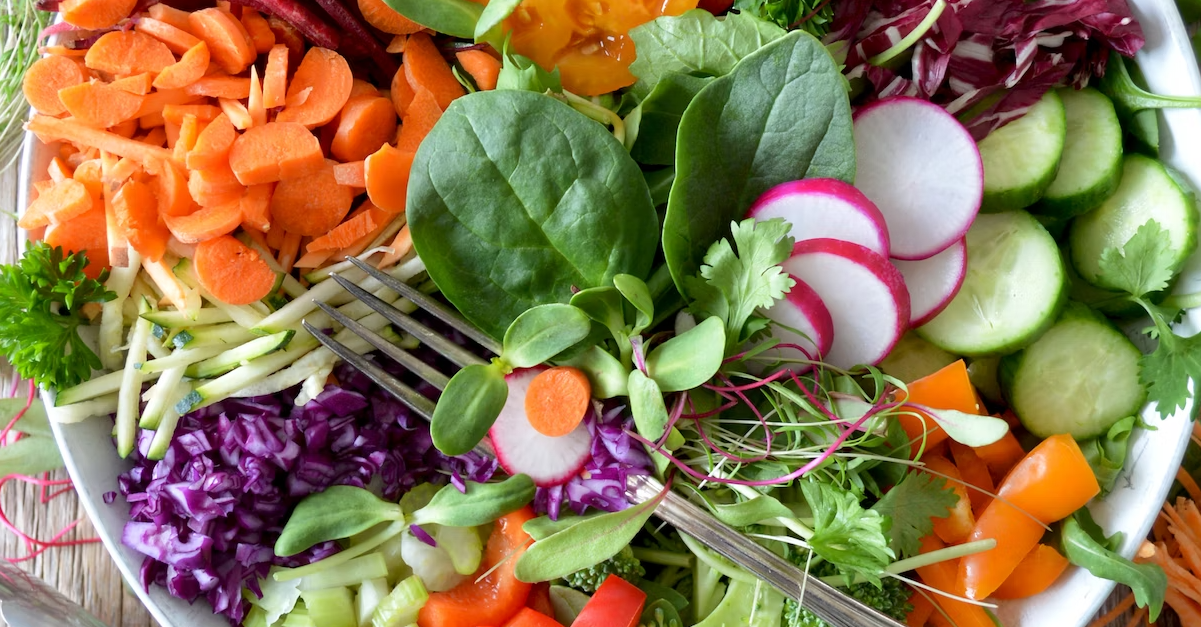
As well as medication to help control your blood pressure, doctors are increasingly focusing on nutritional solutions that place more emphasis on the diet of the patient. The National Institutes of Health have created the DASH solution (Dietary Approaches to Stop Hypertension). It makes vegetables, fruits, and whole grains the focus of your meals and limits foods that are high in saturated fats.
Try mindfulness

It may sound like wishful thinking but meditation has actually been linked to lowering blood pressure to keep it in a healthy range. It’s been suggested that mindfulness can affect activity in the autonomic nervous system, so perhaps it’s time to find somewhere quiet and peaceful and give it a try. There are dozens of popular mindfulness apps that can help.
Cut back on stress

Over the last few decades, researchers have proven that high levels of stress can be catastrophic for our physical health. Stress is one of the biggest factors in high blood pressure so if you’re looking to lower it then it’s time to get serious. Take time for yourself, do some gentle exercise, and find self-care that works for you.
Eat dark chocolate
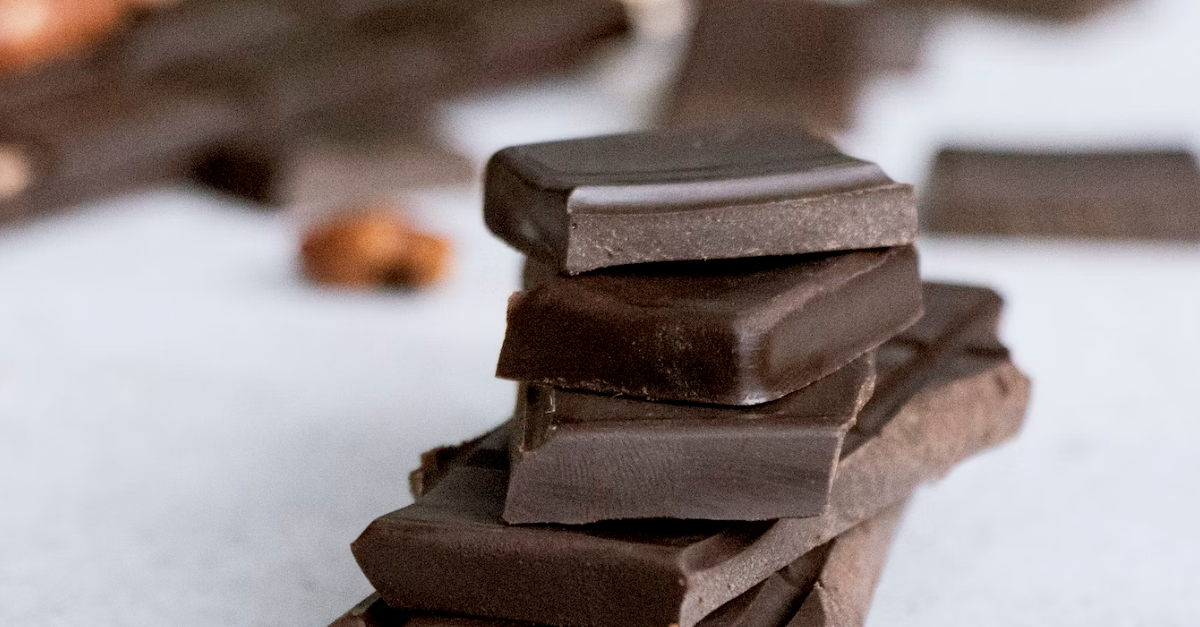
Unless it’s a part of your stress reduction routine, there are not many medical professionals who would suggest reaching for a bar of Hershey’s to help your blood pressure. However, dark chocolate contains a high amount of cacao. Cacoa contains flavonoids that can help widen your blood vessels – meaning eating dark chocolate can actually lower blood pressure.
Hydrate

There aren’t many medical conditions that can’t be improved by drinking more water. Hydration is key to maintaining your health. So if you’re looking to keep your blood pressure in check then reach for another glass. Research so far has stressed its importance especially after you wake up and before you go to bed.
Eat more berries
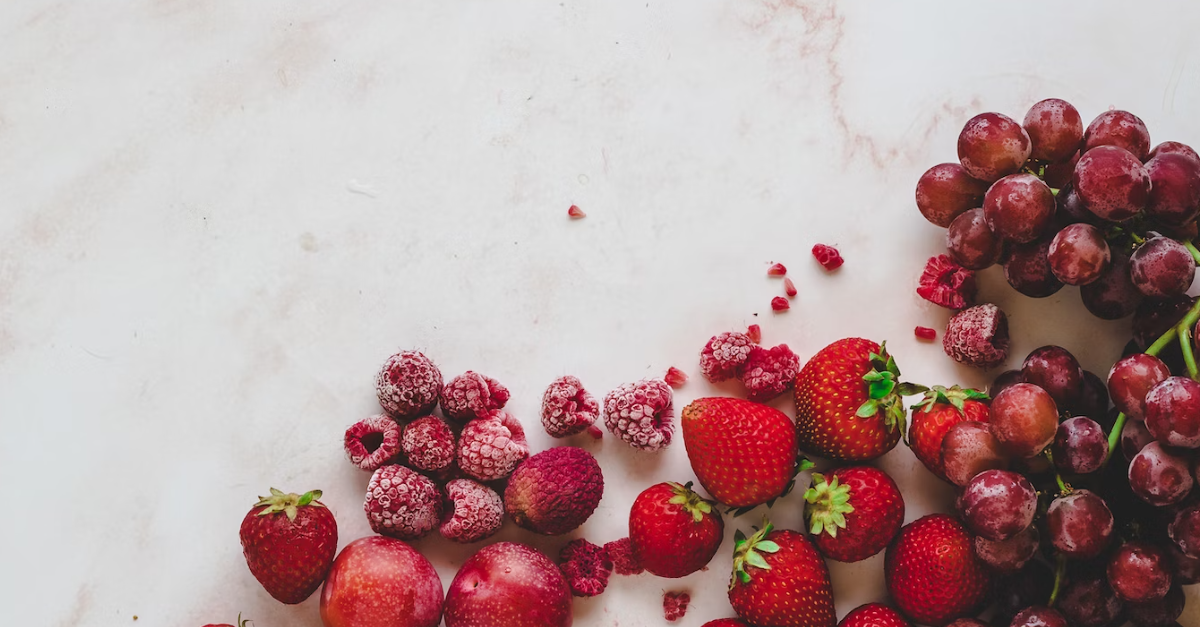
When it comes to berries, the true magic they contain is the polyphenols. In one study, subjects with high blood pressure were given a polyphenol-enriched diet (focusing on berries, fruits, and vegetables). Researchers found that the subjects on the diet experienced improved heart health including lower blood pressure.
Up your calcium intake
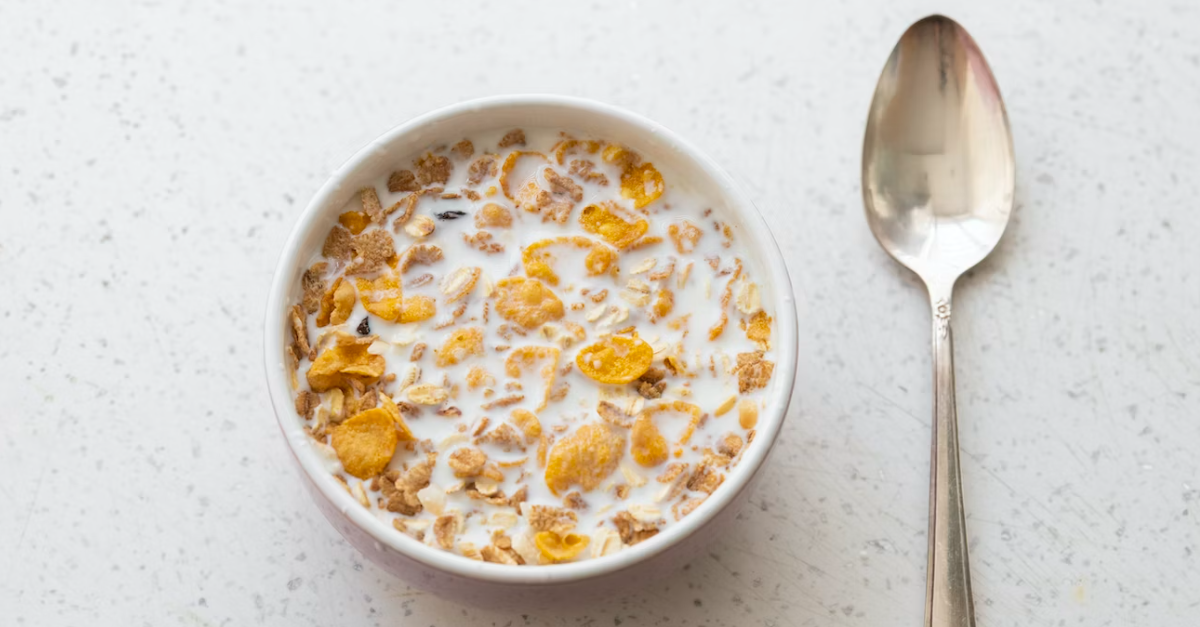
You were probably raised being told the importance of a calcium-rich diet. Parents tell their children to drink their milk and eat their beans – for good reason too. Calcium is incredible at lowering high blood pressure so consider focusing on it when you’re planning your diet. It can be as simple as choosing calcium-enriched cereal and soy milk for breakfast.
Boost your magnesium
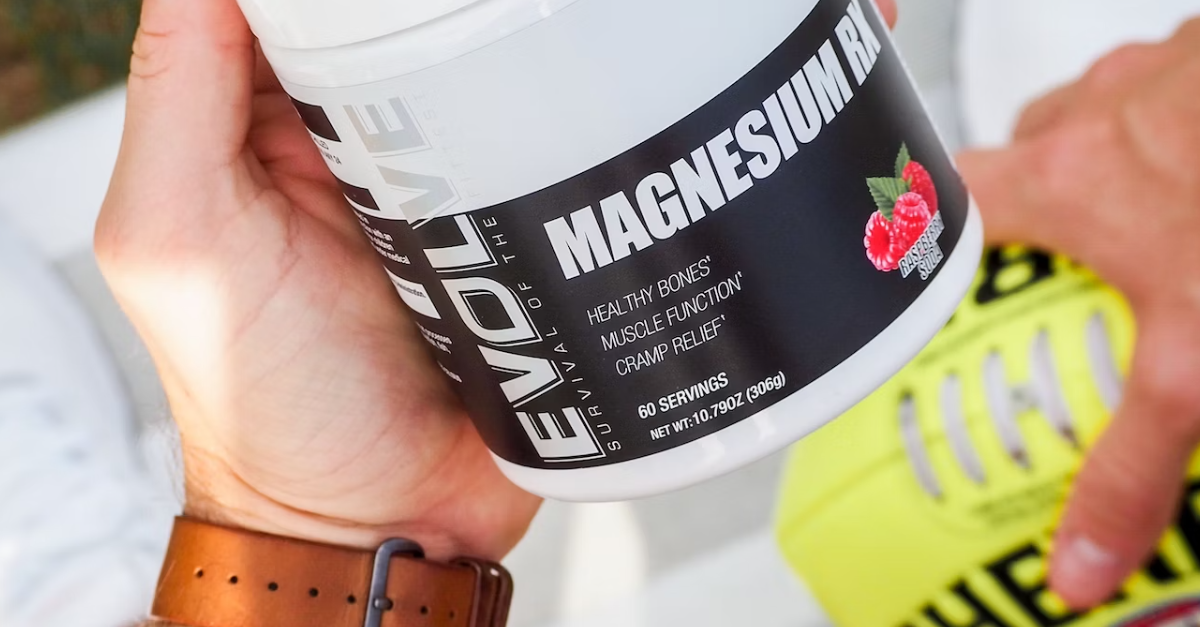
Magnesium is an essential mineral that has incredible benefits for the body including helping the blood vessels relax. There’s evidence that having a diet lacking in magnesium is even linked with high blood pressure. While more research is needed on this, it’s improtant to ensure you’re getting a balanced diet with every mineral you need, which means it’s time to think about your magnesium levels.
Introduce probiotics into your daily routine
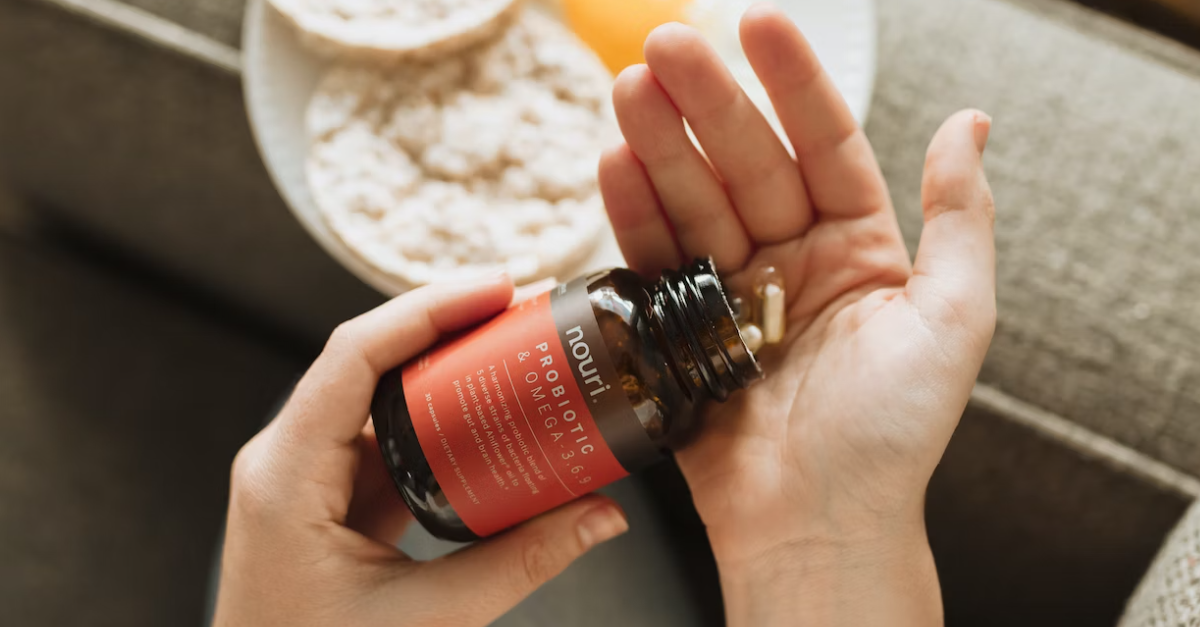
Kombucha is more than just a trendy beverage beloved by the Kardashians. Kombucha, kefir, miso and kimchi are all incredible sources of probiotics. Diets rich in probiotics have been linked to healthier levels of blood pressure, as well as many other health benefits so it’s worth branching out and giving tempeh a try.
Manage your weight
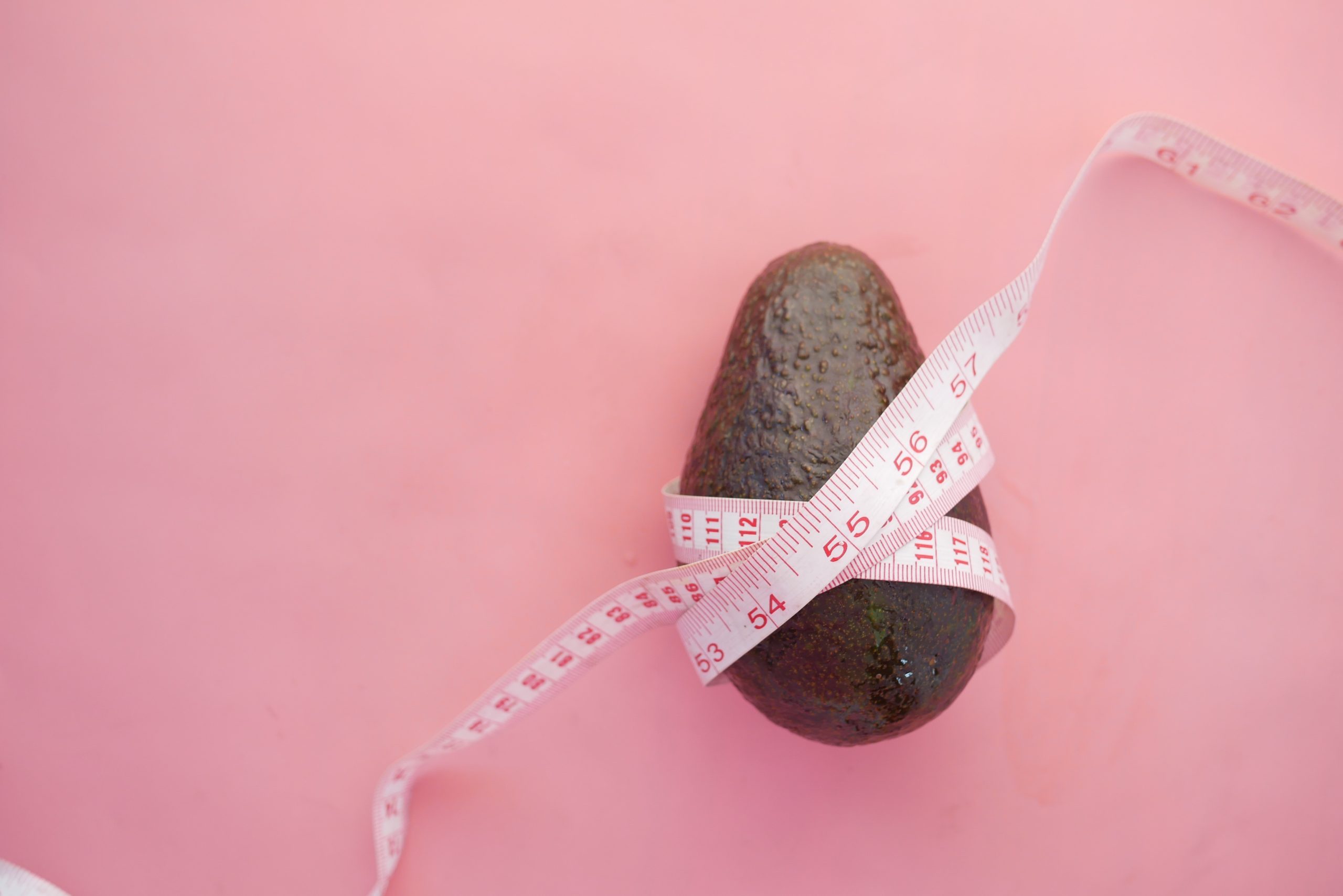
Being overweight and having high blood pressure and usually comorbid conditions. Oftentimes an unhealthy lifestyle can lead to both. Losing weight helps blood vessels expand and contract, and one study even suggested that losing just 5% of your body weight could be enough to significantly lower your blood pressure.
Try aged garlic extract
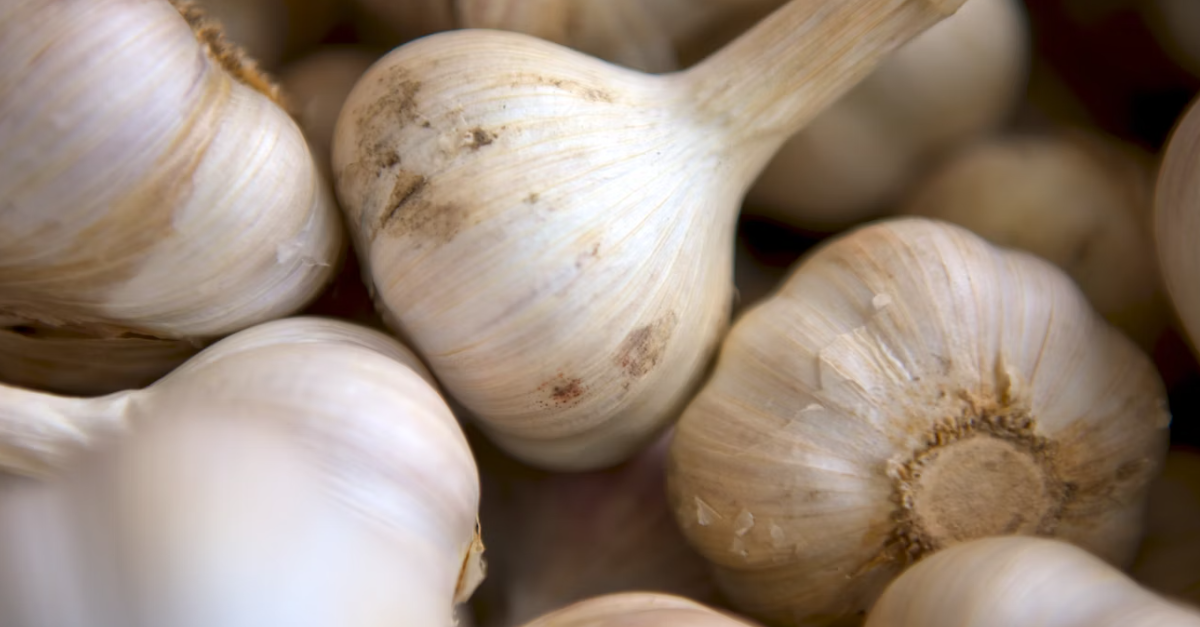
The benefits of garlic are endless. It’s really a miracle plant. If you’re looking for a more holistic and natural way to tackle your blood pressure and keep it in check, aged garlic extract could be a wonderful choice. It can be used as a standalone way to lower blood pressure or can be used alongside other therapies.
Drink hibiscus tea
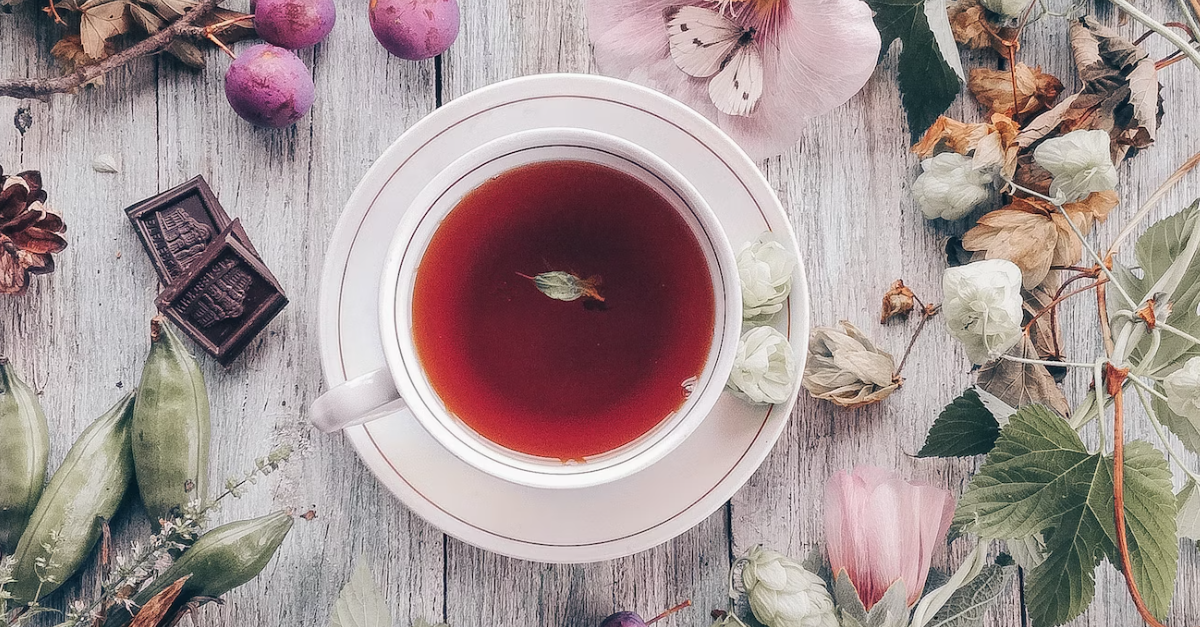
Not only can drinking herbal tea be a wonderful practice in reducing stress and promoting mindfulness (both of which can actually help lower your blood pressure), but hibiscus is rich in polyphenols and anthocyanins which are incredible for helping to improve heart health at large. So curl up and start sipping.
Pump some iron
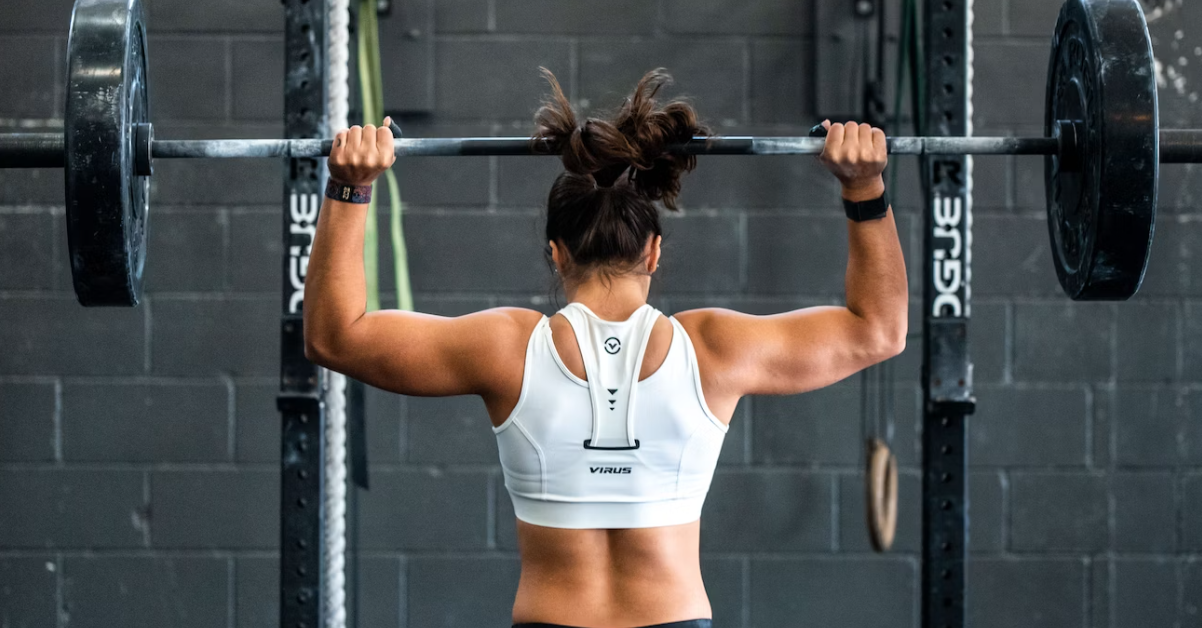
When we consider exercise to improve your heart health, the first thing that will probably come to your mind is cardiovascular exercises like running. However, you might want to rethink that approach. Introducing strength training can help ensure sustained weight loss and keep you fitter for longer.
Drink your juice
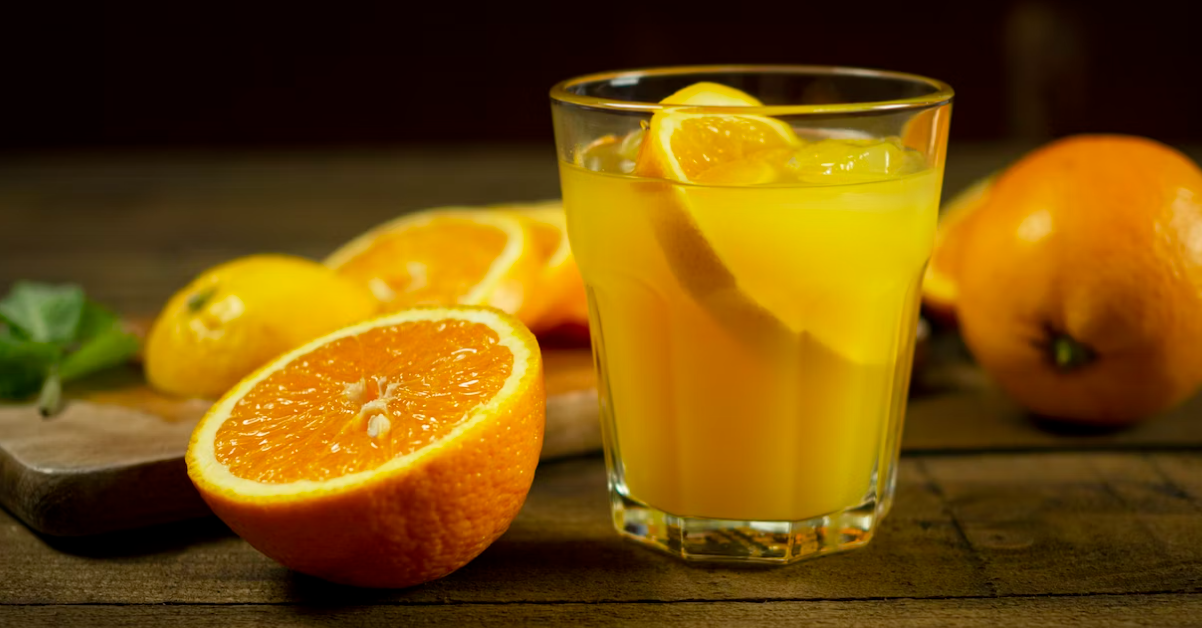
While you may know that improving your diet can help your cardiovascular health, it can be confusing to know where to start. Introducing more citrus into your diet can be a good first move and it can be as simple as having a glass of freshly squashed orange juice or a grapefruit in the morning to start your day.
Choose fish for dinner
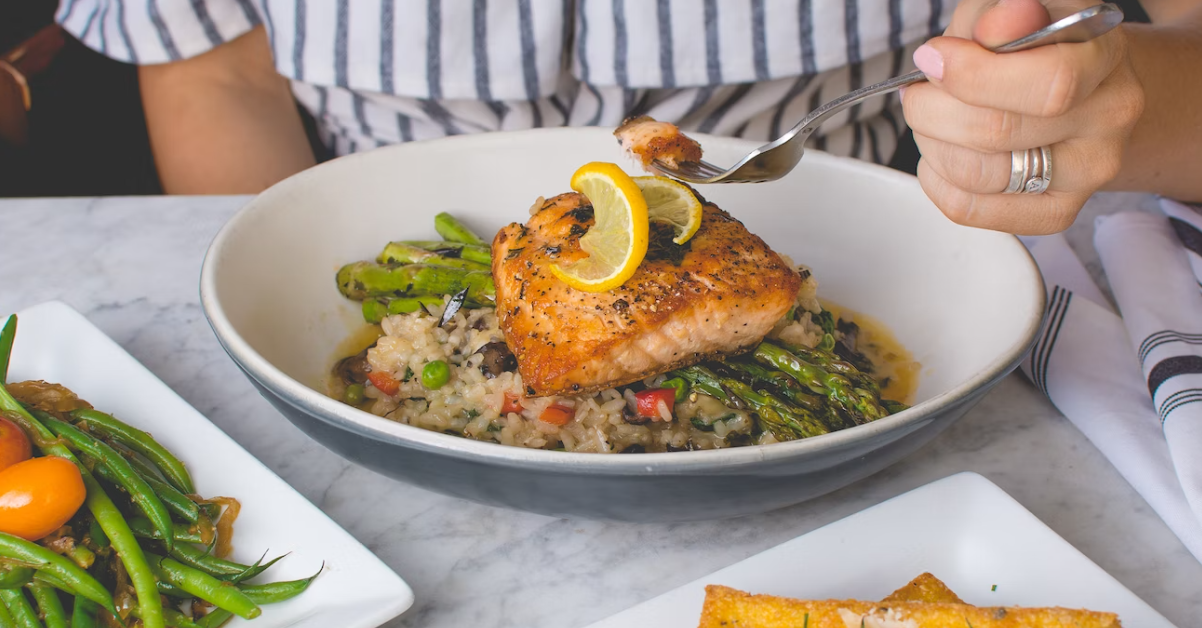
Meat can be high in saturated fats which can cause your blood pressure to skyrocket. Instead of having your regular steak or pork chop in the evenings, switch your main protein for fish when you can. This is especially the case for fatty fish which have high levels of omega-3 fats which can actually help to lower blood pressure.
Pile on the leafy greens
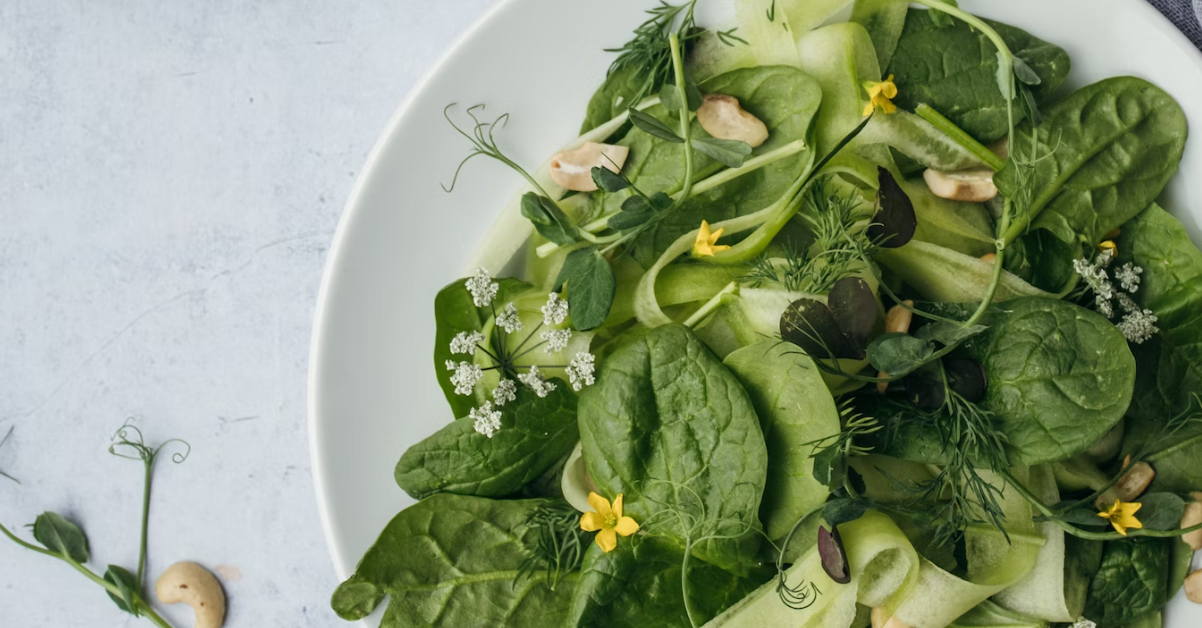
You’ve been told to eat your greens since you were a child – but not all greens are created equal. Drak leafy greens are packed with incredible nutrients like potassium and magnesium (both of which are excellent at helping to control your blood pressure) as well as antioxidants that are great for heart health). Base your salad around leaves like spinach or kale.
Add seeds to your salad
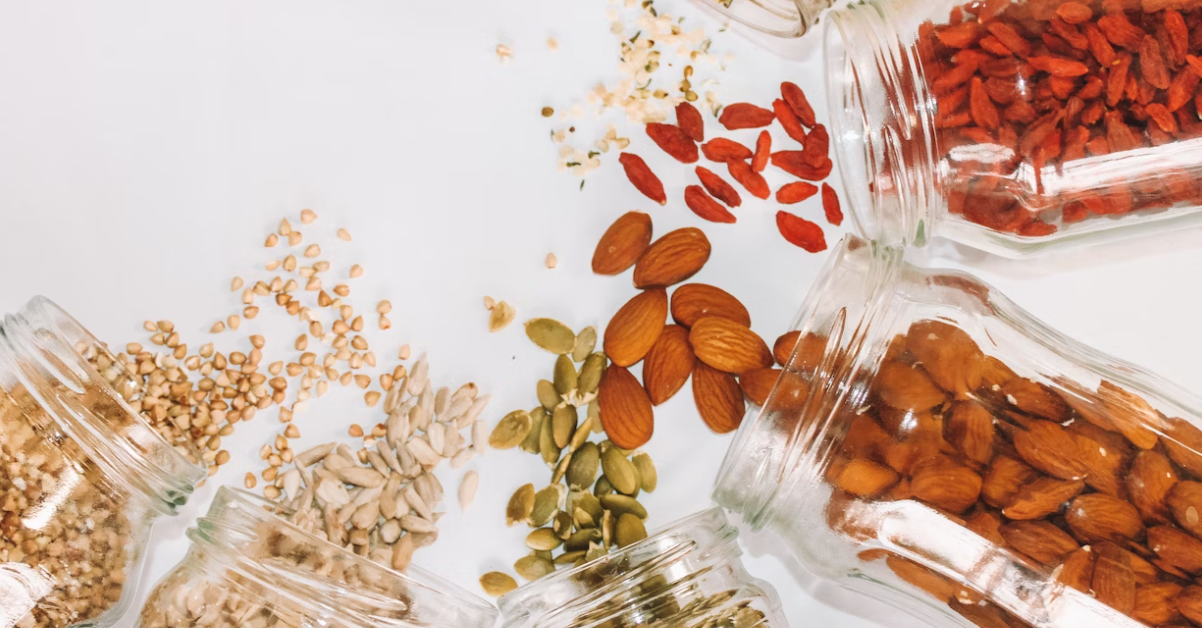
Seeds are genuinely magic. They contain an extremely concentrated source of nutrients and vitamins in such a small package. There needs to be more research on just how seeds affect blood pressure but it wouldn’t hurt to start including them in your diet more often. Add pumpkin seeds to your salad or chia seeds to your smoothie for a health kick.
Uncross your legs

You may not consider the way that you sit to have any effect on your health (except perhaps for your posture) but sitting with your legs crossed can elevate your blood pressure. It doesn’t appear to have a long-term effect but if you’re trying to maintain a healthy blood pressure, perhaps shift the way that you sit.
Socialize more

Loneliness is a killer. Not only does being lonely affect your mental health considerably, but it could be changing your physical health for the worse too. One study showed that the upper blood pressure of the loneliest people involved went up by 14 points. Try to get out and socialize more – it could be good for your heart in more ways than one.
Try ginger root
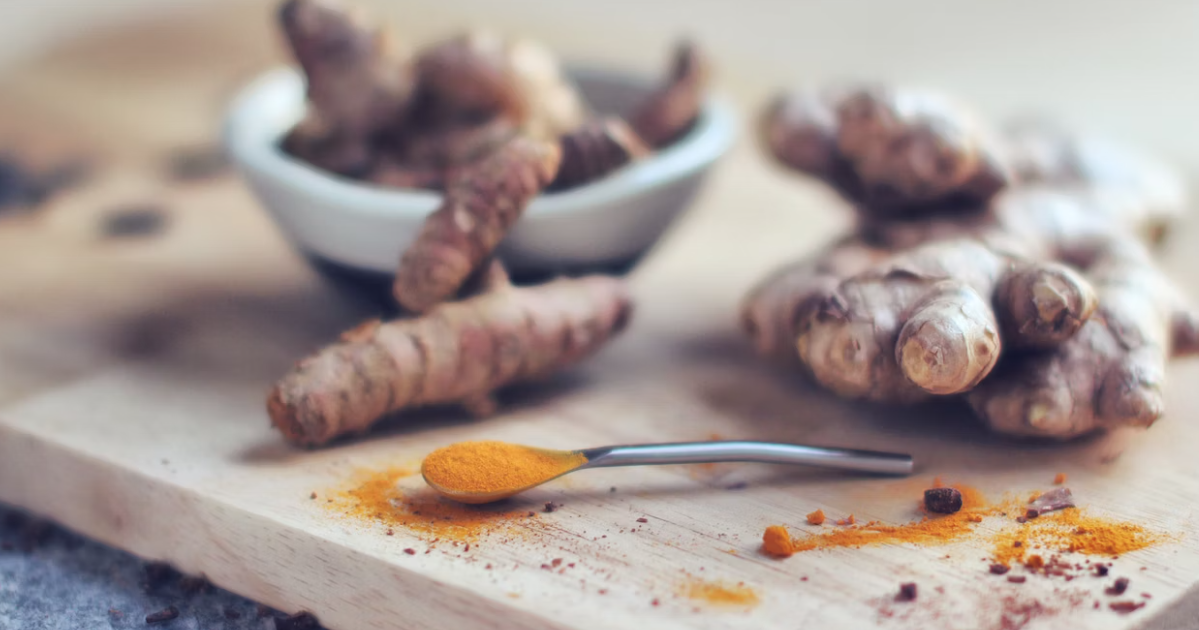
Ginger root can act as a natural calcium channel blocker and ACE inhibitor, and can help to alleviate high blood pressure. It’s easy to incorporate ginger into your everyday life, whether it’s adding it to stir-fries and curries, or adding some into your morning smoothie. It’s both delicious and super healthy for you.
Start your day with celery juice
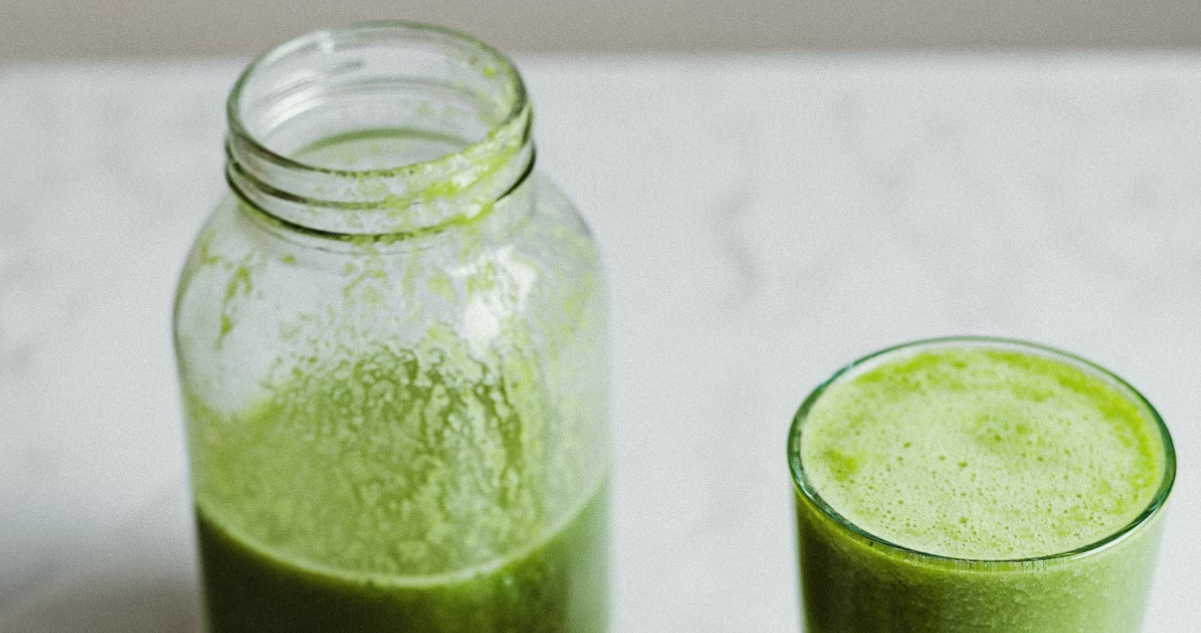
It may seem like a fad, but celery juice can actually be an incredible addition to your daily routine. Starting your day with the juice can help to reduce plaque in the arteries, prevent strokes, and even lower blood pressure. Celery juice is filled with antioxidants, keeps you hydrated and naturally decreases inflammation.
Make the switch to olive oil
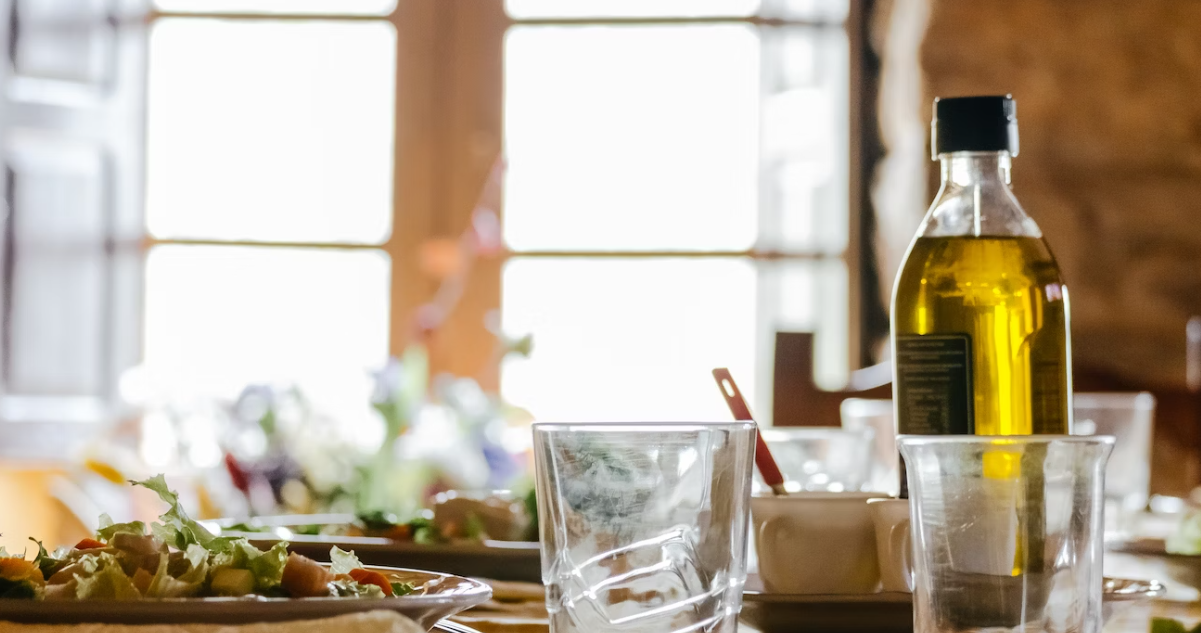
The Mediterranean diet is held in high regard for many reasons. Swapping out a high salt, high saturated fat diet for one that prioritizes fatty fish, plants, and olive oil can help to reduce risks of hypertension and ill cardiovascular health. Swap your butter out for olive oil when you’re cooking for an instant switch that can make a difference.
Choose eggs for breakfast
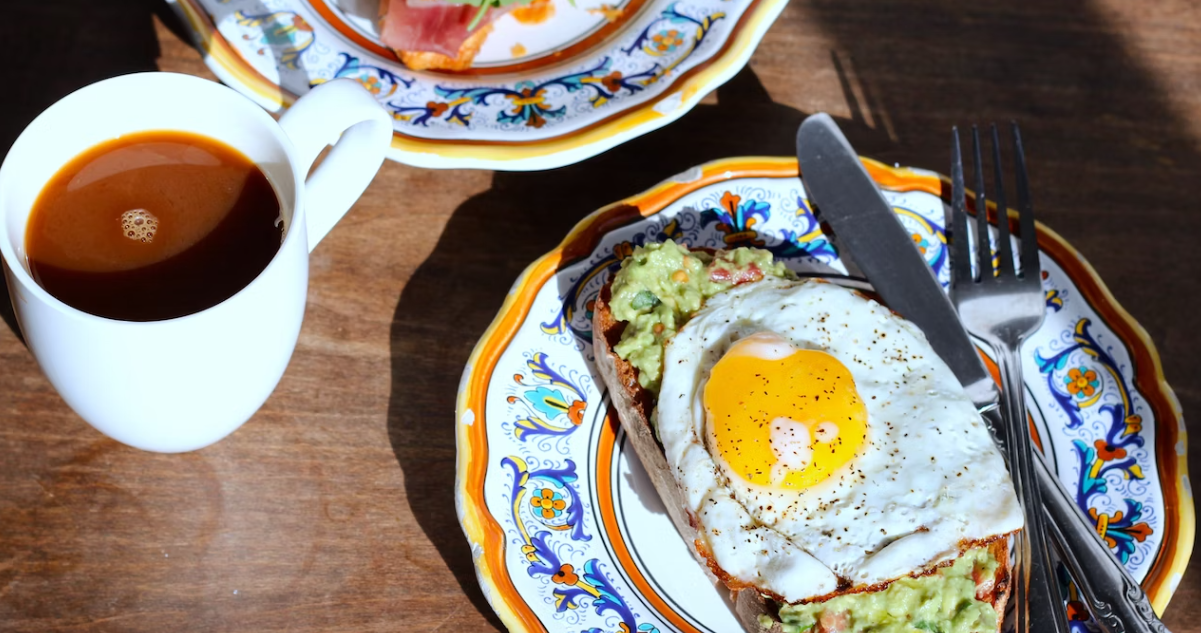
While there’s research still needed to come to a conclusive opinion about the nutritional benefits of eggs in terms of wider cardiovascular health and cholesterol, the latest research supports adults eating up to three eggs a day, One research study saw that egg consumers had a significantly lower chance of developing high blood pressure than those who ate no eggs.
Spice up your meals
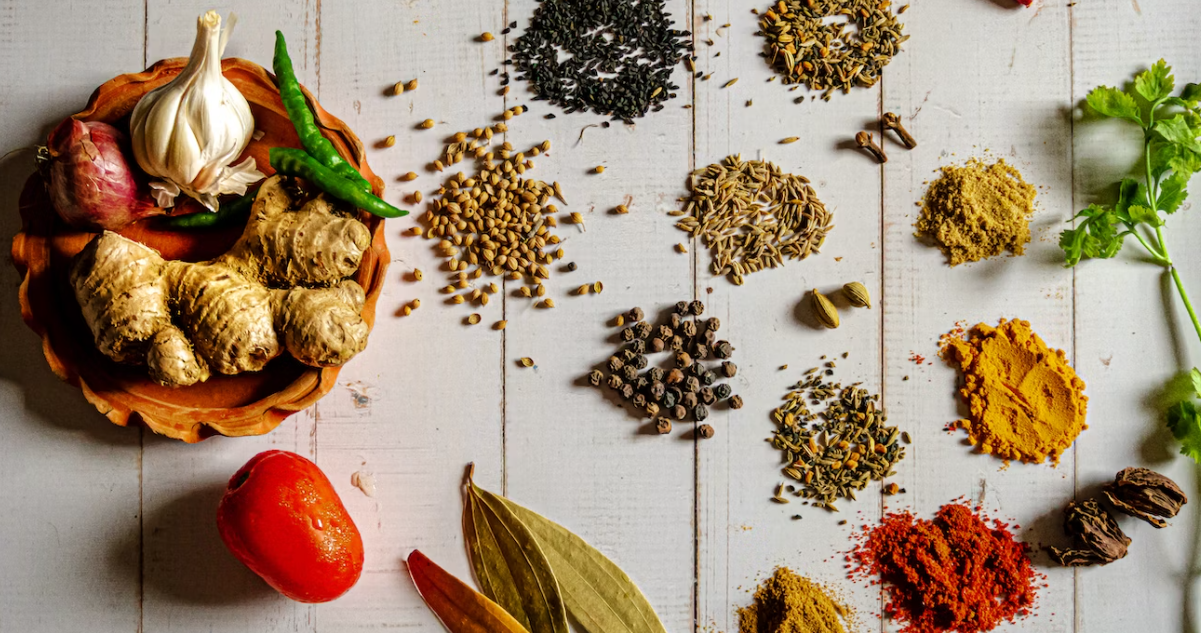
It’s an obvious take but everyone should be spicing their meals. It’s widely known that adding spices and herbs to your food elevates dishes and makes them taste so much better, but what you may not know is that spices have incredible health benefits including helping to lower blood pressure. Focus specifically on cinnamon and basil for best effect.
Keep an eye on your levels at home
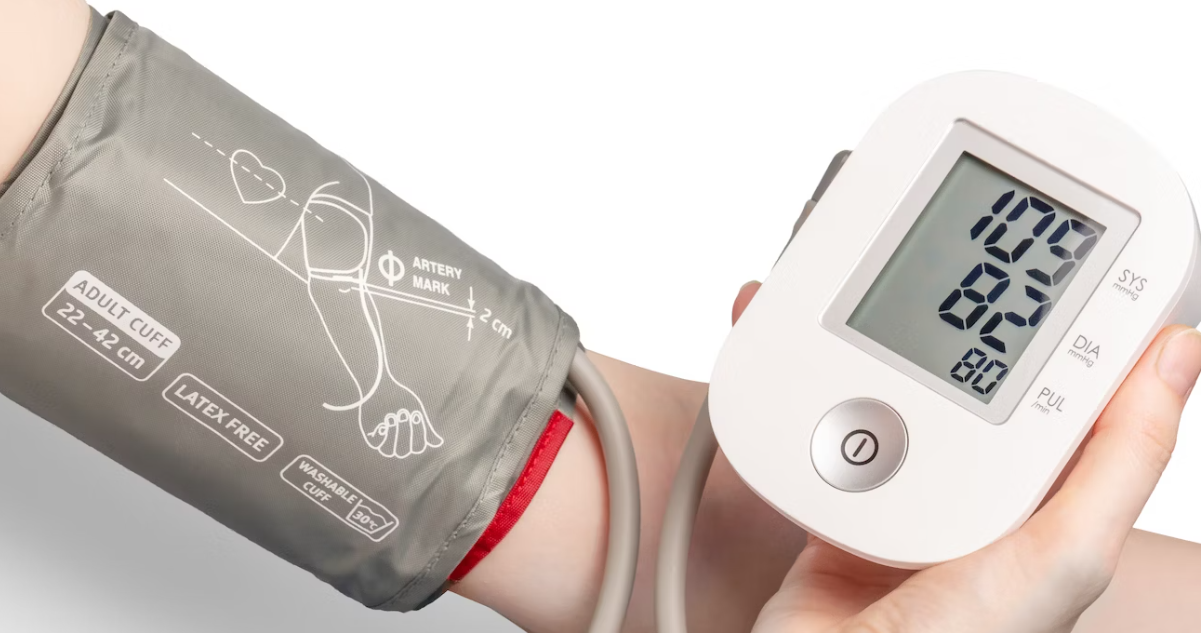
Keeping your blood pressure in check can be done through holistic, lifestyle, and medicinal methods. But what shouldn’t be forgotten is that a part of ensuring you’re in good health is knowing where you stand. Checking your blood pressure at home lets you know where you may need to take action, but also what is working.
Ask your doctor about beta-blockers
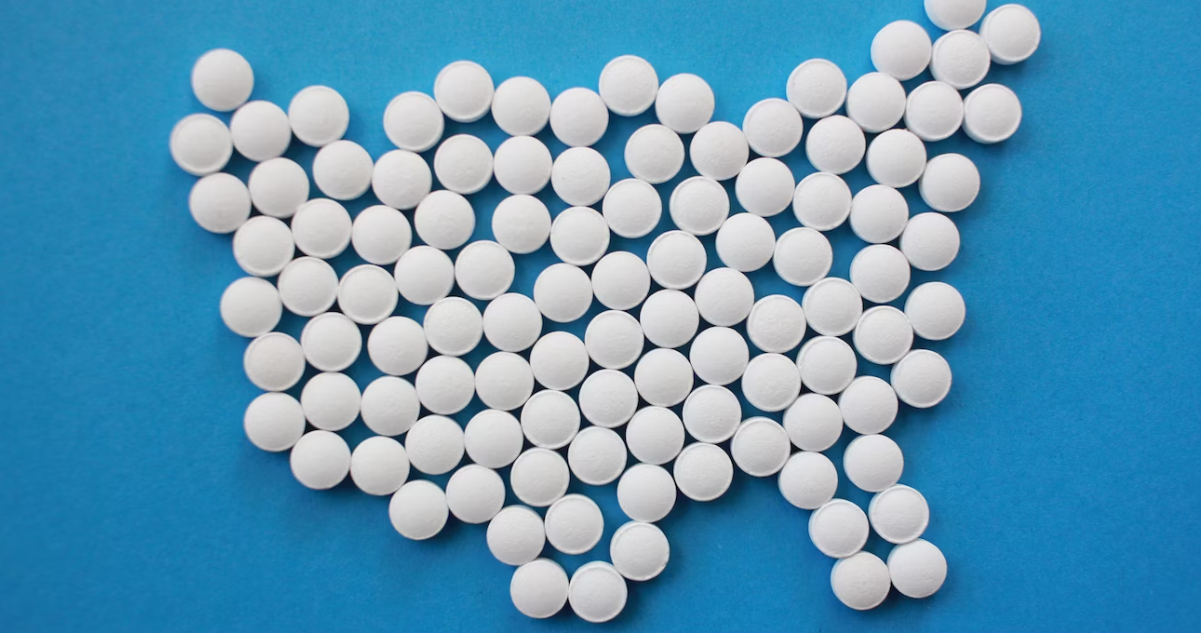
When you speak to your doctor about your high blood pressure, one of the options they may offer you is a medication called beta-blockers. Beta-blockers work by causing the heart to beat more slowly and with less force which will lower your blood pressure They’re also incredibly effective for panic attacks or treating anxiety.
Eat your oats
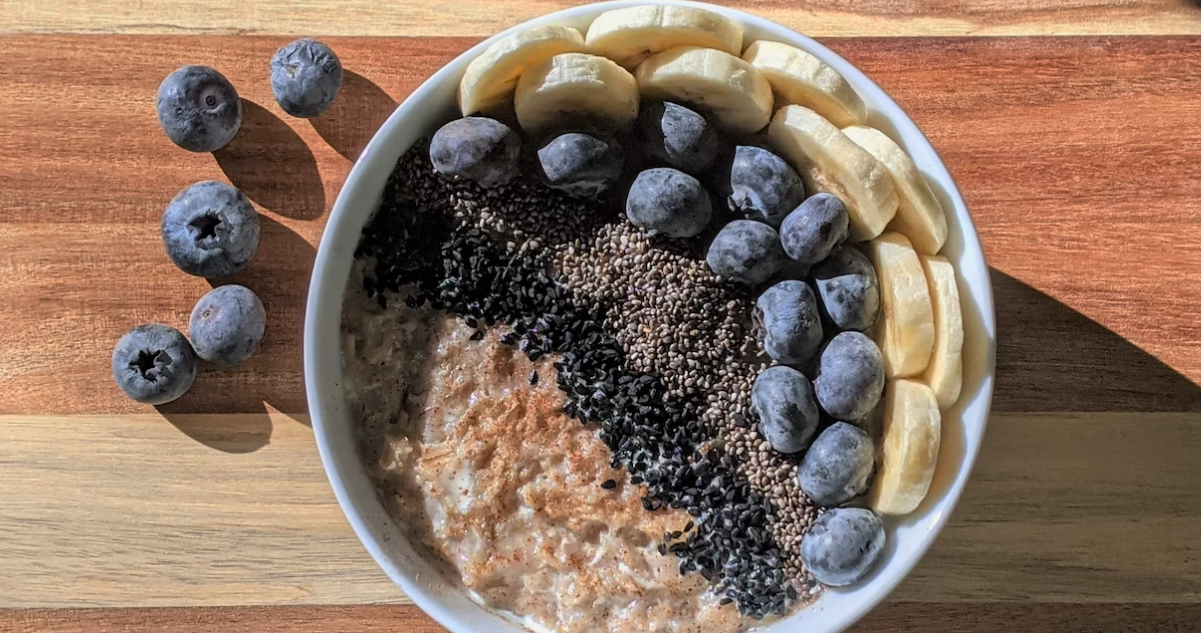
Oatmeal is an excellent breakfast choice for people with high blood pressure looking to keep it in check. The high soluble fiber amount is great for general health but specifically for lowering blood pressure. If you’re not a fan of oatmeal, use rolled oats to make burgers, bake some granola, or blend oats into your smoothies.
Make a bean chili
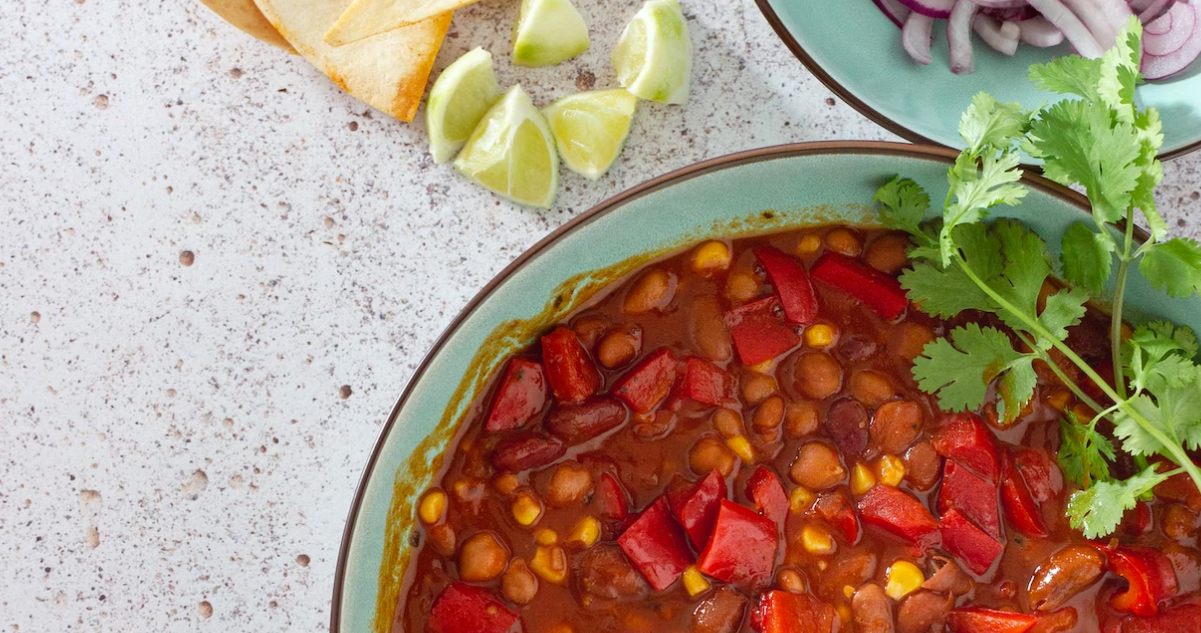
Pulses are incredible due to both their fiber and protein content. If you haven’t already tried to incorporate beans, lentils, and legumes into your daily diet you should start ASAP. One study found that rats saw a significant drop in blood pressure after being put on a diet of 30% pulses. Swap your meat tacos for lentil tacos and add some more beans to your chili.
Talk about medication
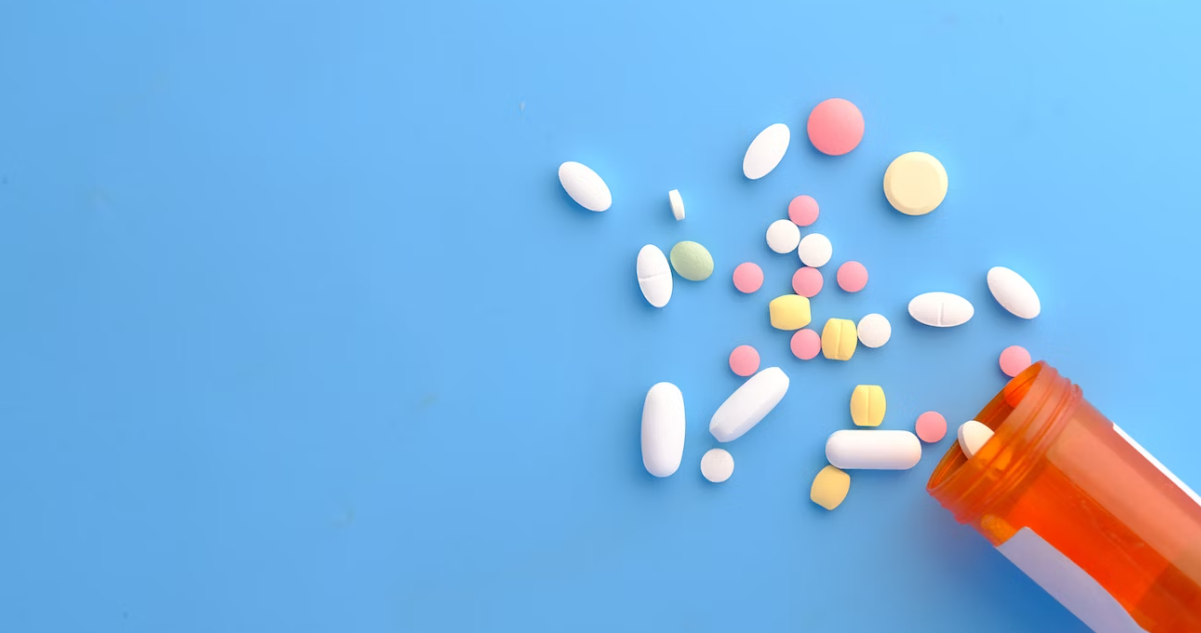
For the treatment of hypertension, there are plenty of medication options to discuss with your doctor. The two you may be recommended are ACE inhibitors and calcium channel blockers. Choosing to tackle a medical issue with medication is a smart approach can can be done alongside holistic treatments and lifestyle changes as long as you speak to your doctor.